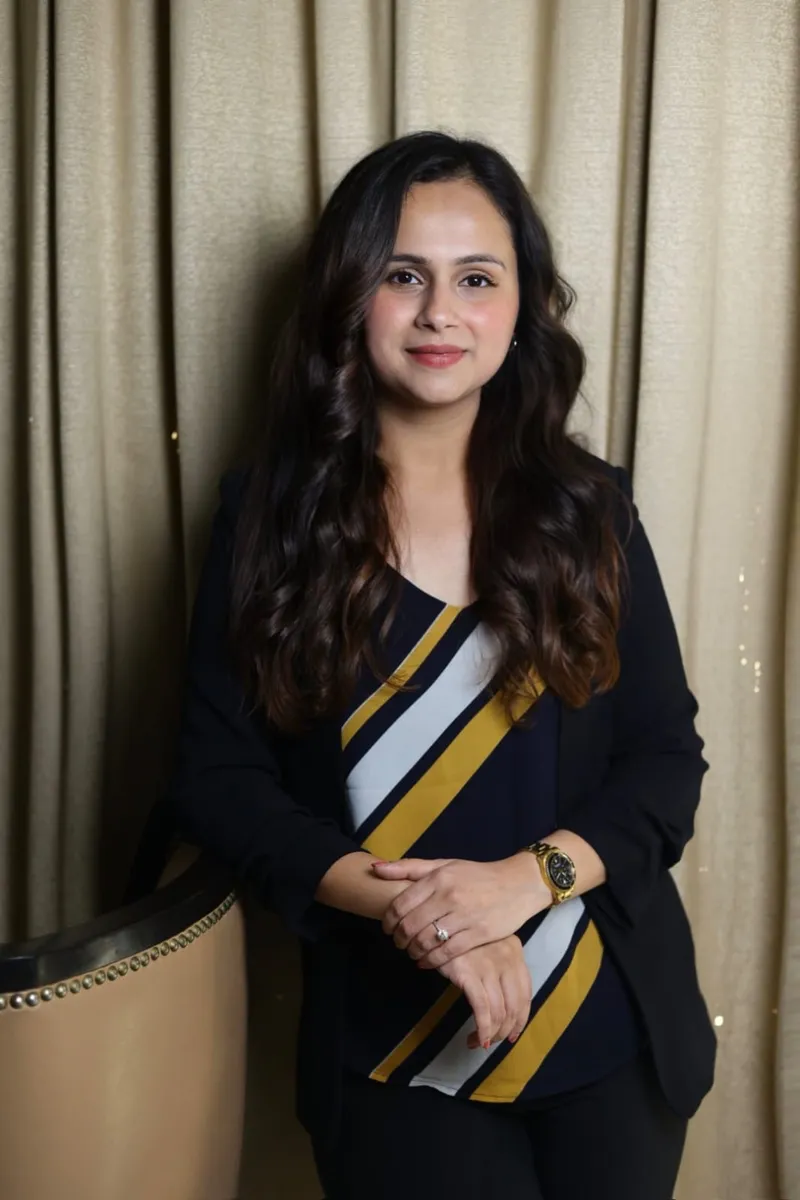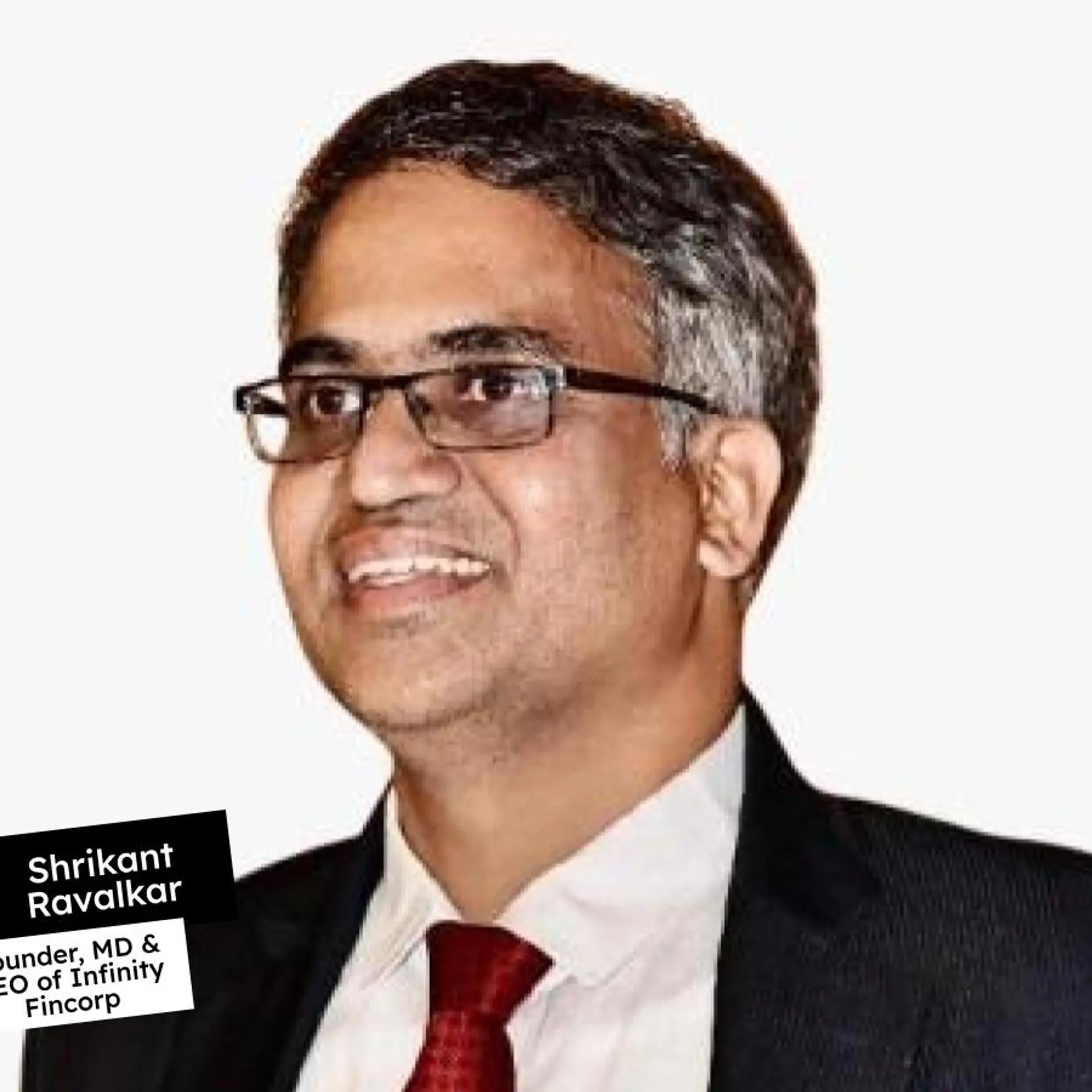[100 Emerging Women Leaders] How Saloni Wagh is steering Supriya Lifescience on a forward path
Saloni Wagh started her career as a marketing assistant at her family-run business, Supriya Lifescience, 10 years ago. In 2019, she was promoted to director and now she oversees operations at the firm.
As a young girl, Saloni Wagh remembers spending her summer vacations at Chiplun, a city in Maharashtra where her father was setting up Supriya Lifescience.
Satish Wagh, a first-generation entrepreneur, had started Supriya Lifescience in the late 80s with just Rs 35,000 and a dream. Today, it’s one of India’s leading pharmaceutical companies and is well-established in API (active pharmaceutical ingredients) manufacturing with products such as antihistamines, anti-allergens, vitamins, anaesthetics, and anti-asthmatics.
Joining the family business

Saloni Wagh, Director - Supriya Lifescience
“I spent my childhood seeing how my father built the business and how it evolved over the years. It was a given that when I grew up, I would definitely be part of Supriya Lifescience. This was the time I also started conditioning myself in that direction even though there was no pressure from my parents to do so,” Wagh tells HerStory.
With this goal in mind, she pursued a bachelor’s degree in chemistry and a master’s in analytical chemistry. She then joined her father’s business 10 years ago. In 2020, she also completed her PhD in analytical chemistry from the Faculty of Science at Pacific University, Udaipur.
As a second-generation entrant, Wagh did not enjoy any special favours and started out as a marketing assistant at a salary of Rs 10,000, reporting to the head of marketing.
“I was responsible for communicating with customers, understanding their enquiries, and helping penetrate into bigger countries in Southeast Asia. Within two-three years, I had a fair understanding of how the markets worked and how we could forecast demand and the expectations of the customers in terms of quality and supply,” she explains.
Wagh then moved onto production, learning from the shop floor; she also travelled extensively. Her background in chemistry came in handy in her work. Over time, she moved onto technical operations, quality control, R&D, and investor engagement. She was promoted to the position of director in 2019.
Today, she oversees operations of technical teams, marketing, business development, finance, and investor engagement. The company has a team of 500 people on its payroll on site, while 400 people work on contract. Around 70 people work at the company's headquarters in Mumbai.
“We are a listed company, and our IPO in 2021 was oversubscribed 12 times. We are a 100% debt-free company,” says Wagh.
Successes and challenges
Wagh points out that entering the family business and moving up the ranks has not been easy, contrary to what people believe.
“Whenever the second generation joins the business, people already have a preset mindset that they are coming from a position of privilege. Though my sister and I did not have struggles like my parents, there was a lot of resistance internally in the team that had been in the company for many years,” she says candidly.
Wagh started from the bottom rung and persevered. She worked with different departments, learning, growing, and delivering results. She also brought in newer practices, automated products, and worked on strengthening the backward integrated business model.
“That’s when people started realising that I am working hard and giving results,” she says.
Another challenge was making her voice heard in a male-dominated space. Wagh went about this by accepting that, while she might not always be the most knowledgeable person in the room, she was passionate, dedicated, hardworking, and wanted the best for her company.
Some of her big wins along her professional journey include implementing systems in day-to-day operations, automation, bringing in newer infrastructure, and focusing on employee health and safety.
“We are also pushing our efforts into contract manufacturing, which we believe is the future. For example, I spearheaded the CMO contract partnership with European company DSM Frimenich, and I believe a lot of opportunities are coming in that direction,” says Wagh.
The Indian pharmaceutical industry is the third largest in the world by volume. According to Wagh, a lot of companies in Europe and the United States are looking at India as the next big manufacturing hub.
“The manufacturers here already have a good legacy in terms of quality and well-established practices for regulatory approvals. Supriya Lifescience has regulatory approvals from over 33 regulatory authorities across the globe. We have almost 1,000 kl capacity at our site, which is very huge, and are setting up another site in Ambernath,” she says.
“In today’s API market, which everyone believes to be competitive, we are one of the outliers. We are making a 30% plus margin, which not a lot of the other API players are doing, but we operate in very niche areas,” says Wagh.
As a woman entrepreneur in a niche sector, Wagh has some sage advice for others wanting to start up.
“Start small and then try to grow it to your vision or aspiration. Have patience and be consistent if you want to see results. Also dare to dream, work hard, and have the courage to take your journey forward.”
Edited by Swetha Kannan


![[100 Emerging Women Leaders] How Saloni Wagh is steering Supriya Lifescience on a forward path](https://images.yourstory.com/cs/4/8e7cc4102d6c11e9aa979329348d4c3e/SaloniWaghSaloniWagh021-1722245014041.png?mode=crop&crop=faces&ar=16%3A9&format=auto&w=1920&q=75)




